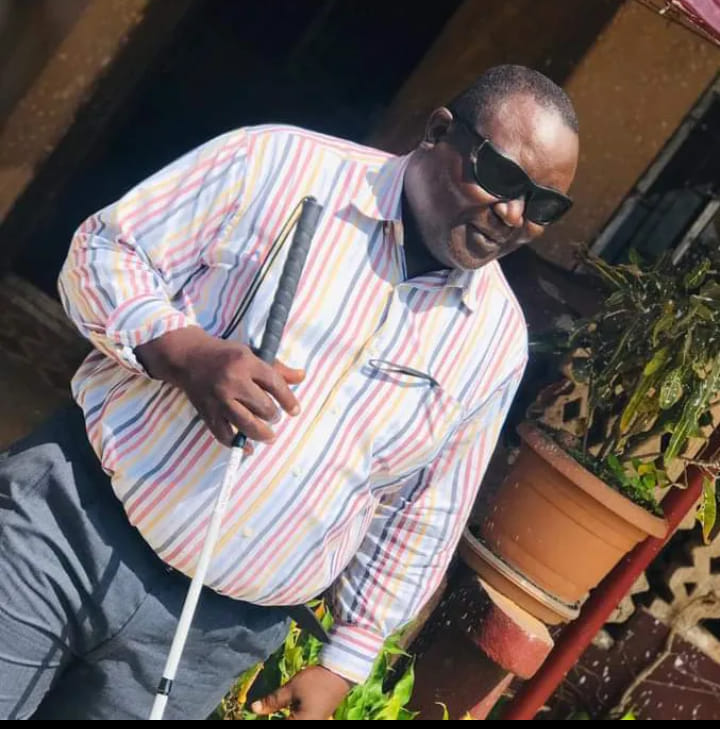CAB Pres. Beyan Kota Cautions Parents To Support Their Disable Kids

Liberia: Current statistics on disability in Liberia are not up to date, but, according to a 1997 UNICEF study, disabled people constitute 16% of Liberia’s population.
Disaggregated by specifics 61% struggle with mobility, 24% are visually impaired, 7% are deaf and 8% have an intellectual or psychosocial disability.
The Swedish International Cooperation Agency Development (SIDA) in 2014 estimated that close to 20 percent of the population of people with disabilities in Liberia are due to the devastating civil war that ended 2003 and the deadly Ebola outbreak in 2014. According to SIDA, 99 percent of people with disabilities in Liberia live in extreme poverty.
But these people live at the mercy of God as their welfare and issues remain unattended to by national government and even parents of these disable individuals.
As a way of addressing this situation and seeing to it that persons with disabilities are provided opportunities that will facilitate their independence, the President of the Christian Association of the Blind (CAB), Beyan Kota wants Liberian parents to support their blind kids, and not abandon them.
CAB as it is commonly known was established on April 28, 1985 to help in the process of improving the degenerating conditions of visually impaired persons in the country at the time. CAB’s vision is to strive and render the blind self-supporting by affording them the opportunity to apply the democratic principle of individual dignity to this under privileged class of Liberians (pwds).
Mr. Kota asserted that persons with disabilities, particularly blind people, are under privileged and as such giving them a fair measure of support to facilitate their independence and to render them self-supported is necessary.
He further indicated that giving blind children and blind people in general, education and skills training opportunities will help them to become independent to contribute to national development.
Towards ensuring this, Kota is calling on parents and the Liberian Government to support the visually impaired and the disable community as a whole by giving them the requisite attention needed which will enable them become useful citizens.
“There is a need for the visually impaired to learn basic skills to prepare them in terms of national disaster and to be inclusive in labor work places,” he stressed.
The Christian Association of the Blind as a means of giving hope to visually impaired community also runs a full-scale education and rehabilitation program that offers from primary to basic education including, counseling, reading, computer and the usage of smart phone.
The CAB President further explained to this reporter that children are also given the opportunity to play as they go through their academic studies.
The students as part of CAB extra curriculum activities are also provided agricultural skills to enable them work with animals, farm and make smaller garden as a mean of also preparing them for the future.
According to Mr. Kota, 60 percent of support received to run the institution comes from international partners, friends and collaboration from around the world while they negotiate locally with central government to get the remaining 40 percent of funds for the smooth operation of the entity.
He named inclusion in workplace, behavioral attitudes by heads of institutions as some of the challenges facing the association, something he said needs to be tackled.
Gladys Gorwon, a student at the institution said the institution has helped her to develop self-confidence and reliance as she is able to do a lot of things on her own without the help or intervention of anyone.
She encourages her fellow visually impaired/disabled friends to have hope, keep focus and depend on God and should not allow the situation to put a hold on their efforts towards achieving or becoming successful in life.
She encouraged parents to treat their children equally, whether disabled or not, stressing that “everyone is made in the image and likeness of God.



